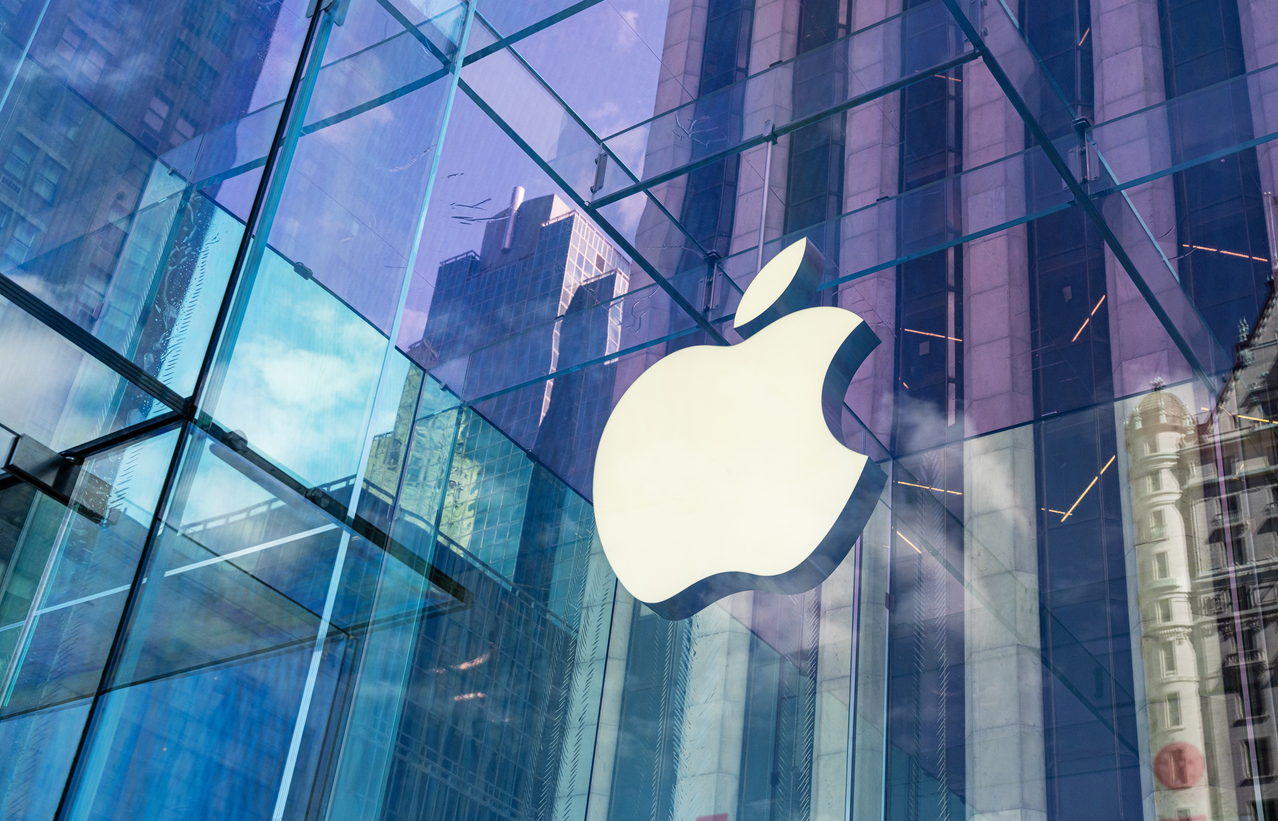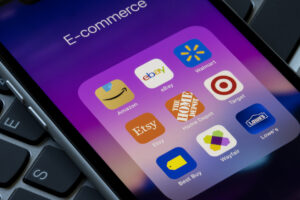The Scoop: Apple puts AI consumer appeal to the test with new iPhone
Plus: Eiffel Tower at center of branding battle; Washington Post redesigns homepage.

AI has been a major marketing buzzword for nearly two years now, used in attempts to sell everything from pillows to toothbrushes. But perhaps the biggest test of the technology’s viability with the general public will be Apple’s iPhone 16, which will be unveiled today and is expected to include all manner of AI bells and whistles.
The anticipated features, dubbed “Apple Intelligence,” “will sort messages, offer writing suggestions and create a more capable Siri powered by generative artificial intelligence,” the New York Times reported.
It’s a major step forward for Apple – and a gamble in many ways. As smartphone technology has plateaued, with new iterations of the iPhone doing little more than adding fancier cameras, people go longer between upgrading the ubiquitous devices. The average time between replacing an iPhone is now five years, up from three years in 2018, the Times reported. Apple needs something that makes consumers sit up and take notice. But will AI do the trick?
Other tools that banked on the appeal of AI tools, such as Microsoft’s AI computer, have faltered amid security, privacy and technology concerns.
Apple’s messaging, according to the New York Times, focuses on privately addressing most AI queries, especially personal ones. Most tasks can be completed entirely on the iPhone itself without being outsourced to other servers, while bigger, more general requests will be handled by ChatGPT.
Why it matters: Consumer adoption of this new iPhone will act as a bellwether for how interested everyday consumers are in AI tools. ChatGPT alone has 200 million active weekly users, doubling in just over a year.
The New York Times reports that this new model is expected to boost iPhone sales by as much as 12% next year, but also cautions that other AI products have failed to deliver on their promise, falling flat with consumers. The tech industry has also at times failed to understand what audiences want from AI versus what they want to remain human, with advertisements about outsourcing writing to a child’s idol to AI or compressing the tools of human creativity into a tablet facing backlash.
One option for convincing skeptical audiences could simply be downplaying the role of AI. The shine may be falling off the term, but its capabilities may still appeal if offered in a benefits-focused manner rather than the “gee whiz, AI is cool!” messaging that many brands have employed in the past. Looking at what the technology truly accomplishes may help the new iPhone succeed where other AI-driven tools have failed.
Editor’s Top Reads:
- The Eiffel Tower is caught up in a political and branding war. The Olympic rings were mounted to the iconic structure during Paris’ recent run hosting the games, with the tower serving as a backdrop to many sporting events and ceremonies. But now Paris Mayor Anne Hidalgo wants to keep the rings there indefinitely, setting off a debate about the aesthetics of the iconic tower and how it may be used as part of a political campaign. Hidalgo, who oversaw the successful games, will face off in a mayoral race against Rachida Dati, culture minister and mayor of the neighborhood where the games took place. Hidalgo is accused of political opportunism by keeping the rings in site, while prominent figures such as the Eiffel family oppose the plans to alter the structure. It’s a fascinating branding moment as the Eiffel Tower, the undisputed symbol of both Paris and France, is stacked with the also potent branding of the Olympics, potentially for political gain. Whoever wins could reshape the face of Paris forever.
- The Washington Post is relaunching its website homepage in a bid to feature more stories and offer a more “cohesive” experience, CNN reported. The homepage has become more critical to a news outlet’s success as search engines and social media offer less and less traffic due to shifting algorithms. A shift at a major site such as the Post marks a major change in strategy – and, in this case, a bigger opportunity for more stories to shine. Which for PR professionals, hopefully means more chance to lure eyes to the stories they’ve so carefully placed. A rising tide lifts all boats.
- Google is once again in the legal crosshairs. The Department of Justice accuses the tech giant of misusing its ad placement technology to violate antitrust law. The DOJ is asking for Google to be broken up, including selling off DoubleClick, an ad software tool. Currently, Google represents 87% of the U.S. market for ad buyers and sellers. It’s part of a broader push in both the U.S. and E.U. to examine the role of technology and if these companies have gotten too big to serve the public in a fair way. While it’s far too early to say what impact it may have on the ad market, the very scrutiny tells us that the nation is exiting the Wild West era where tech companies thrived, largely unfettered by regulation, and now face deeper questions.
Allison Carter is editor-in-chief of PR Daily. Follow her on Twitter or LinkedIn.







